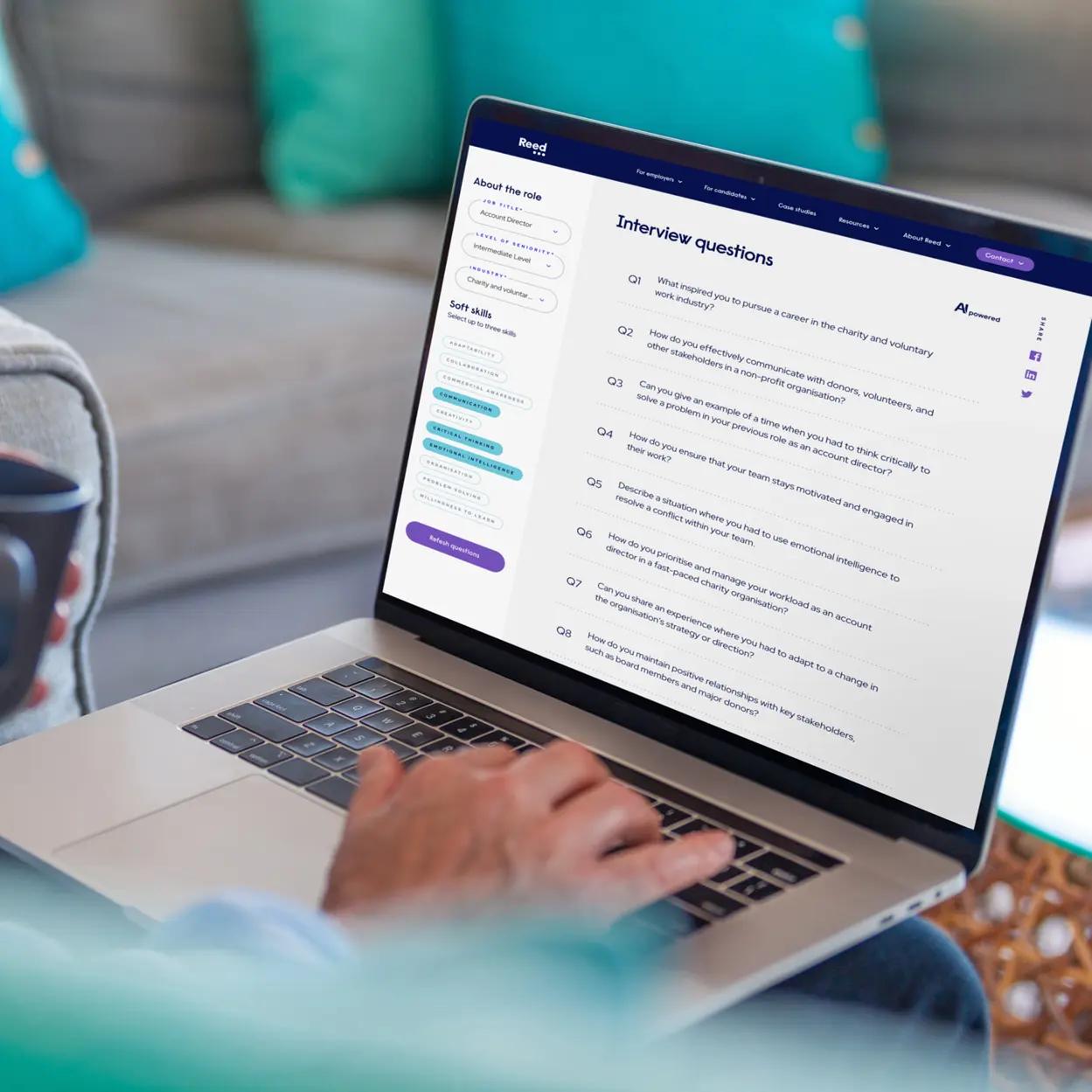Accountants may be worried that these technologies will replace accountancy professionals but, behind the tech, there will always be people to input data, programme the machines and maintain them in the first place. There are also many ways that AI can, in fact, benefit humans in accounting:
Accelerating data – artificial intelligence can automate time-consuming, small calculations, as well as data analysis, and leave more complicated and lucrative work to people. A machine can do work that would take humans hours in just seconds, leaving the more interpretive work to humans.
Improving accuracy – human error is common in any job. We can only be right so much of the time, whereas machines can be right more consistently, if they are programmed correctly. Finance professionals may not always notice when mistakes are made, but AI would be able to find these mistakes and highlight or even fix them.
Data analysis is becoming more in-demand in every sector, therefore, finance technology needs to be more efficient to keep up. AI will allow for more collaborations within a company, between the finance department and others such as HR which are now more interested in data analysis. Economic survival within any business requires reacting well to changes in technology – finance teams with AI are more likely to help their business succeed than those without.
As more data is input into the systems, the machines will learn to improve themselves and be able to complete basic tasks such as sales, expenses, invoice management, and liquidity profiles. A lot of it will take away transactional functions such as payroll, sales ledger and purchase ledger.
AI still a work in progress
There is still some way to go before artificial intelligence is perfected. AI has, on occasion, been found to be interpreting data incorrectly. It is also possible for AI to override commands, however, so can humans. This means you still need some element of quality control to ensure any artificial intelligence you are using has been programmed correctly.
There are still some limitations that need to be rectified. AI cannot interpret data, so the human element will always be necessary. It takes machines a long time to learn and understand patterns from the large volumes of data they process. AI systems today still aren’t very flexible and require a lot of data before they can work effectively.
Finance professionals do more complicated tasks which artificial intelligence would find difficult, such as understanding tax laws, especially for multiple countries. Consultants also do more complicated qualitative work, such as advising tax planning, discussing operations, reviewing client goals and more. It will take a long time before artificial intelligence can do such complex work. Their lack of understanding of context would make it difficult to interpret and explain concepts in terms clients could understand.
Some roles in the accountancy departments have been lost to technology, but there will be more job opportunities in future as the demand for interim contractors is growing. Rather than viewing AI as a threat to their jobs, accountancy professionals should approach it as a new opportunity, which is worth learning about.
AI will revolutionise accountancy in the next few years, creating change which accountancy professionals should embrace in order to retain their edge in the industry. Learning to use new systems can only be a benefit as it reduces their workload and allows more time for productivity and innovation. Before computers, the biggest innovation in the industry was double-entry bookkeeping, which was 500 years ago. Accountancy is due to become part of Industry 4.0.
To find your next accountancy role, or the best candidates on the market, find your local Reed office.




